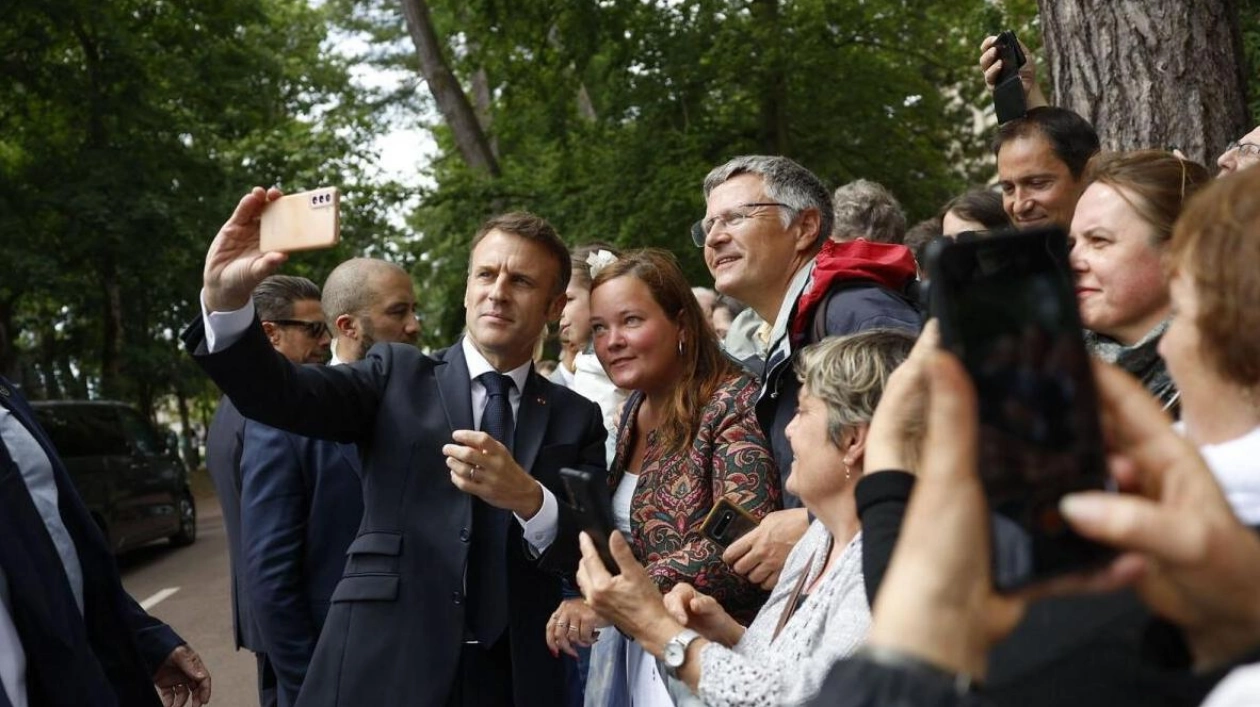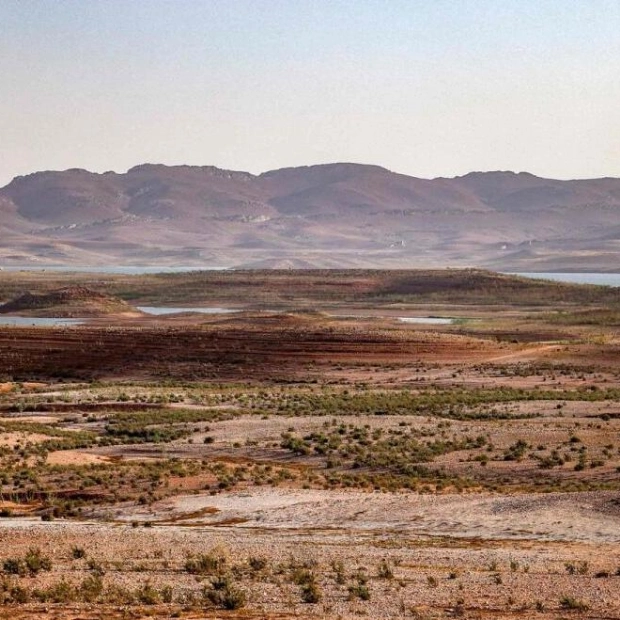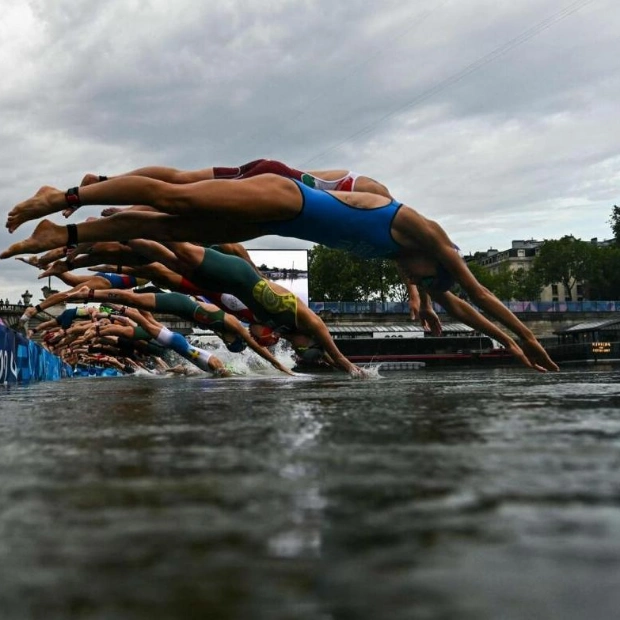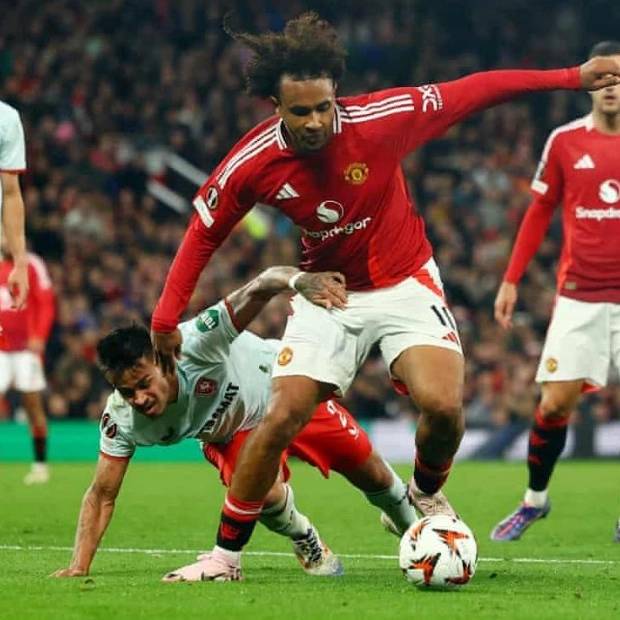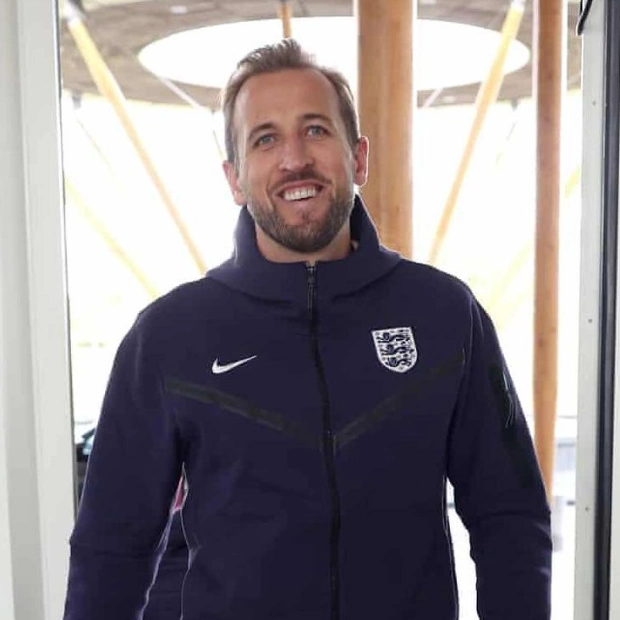Voter turnout in France's parliamentary run-off election on Sunday saw a significant increase compared to 2022, potentially positioning the far-right National Rally (RN) as the leading force. Despite expectations that the RN will secure the most seats in the National Assembly, recent polls suggest it might not achieve an absolute majority. A hung parliament could significantly undermine President Emmanuel Macron's authority and lead to prolonged instability and policy gridlock in the eurozone's second-largest economy. Should the nationalist, eurosceptic RN gain a majority, it would mark France's first far-right government since World War Two and could send shockwaves through the European Union as populist parties gain traction across the continent.
Turnout reached 26.3 percent by midday, up from 18.99 percent in the second round of voting in 2022, according to the interior ministry, reflecting intense public interest in an election that has highlighted polarized views in France. This was the highest midday turnout since 1981, according to pollsters Harris Interactive and Ipsos. Voting concludes at 6pm in towns and small cities and 8pm in larger cities, with initial projections based on early counts from a sample of voting stations expected at 8pm.
The country is facing three radically opposed views of society, according to Olivier Grisal, a retiree, as he headed to his polling station in Conflans Sainte-Honorine, west of Paris, with his wife. Opinion polls predict that Marine Le Pen's RN will dominate the National Assembly as voters express dissatisfaction with Macron over a cost of living crisis and his perceived detachment from the public's hardships. However, the RN is expected to fall short of the 289 seats needed to secure an outright majority for Le Pen's protégé, Jordan Bardella.
The far right's projected margin of victory has narrowed since Macron's centrist Together alliance and the left-wing New Popular Front (NPF) withdrew candidates from three-way races in the second round to consolidate the anti-RN vote. Political violence escalated during the three-week campaign, with over 50 physical assaults on candidates and campaigners recorded. Some luxury boutiques along the Champs Elysees, including Louis Vuitton, fortified their windows, and 30,000 police were deployed amid fears of violent protests if the far-right wins.
The RN, historically shunned by many due to its history of racism and antisemitism, has expanded its support base beyond the Mediterranean coast and deindustrialized north, capitalizing on voter frustration with Macron over economic constraints, security, and immigration concerns. An RN-led government would raise significant questions about France's representation in Europe and globally, and the direction of the EU given France's influential role in the bloc.
French asset prices have risen on expectations that the RN won't win a majority, with banking shares up and the risk premium on French debt narrowing. Economists question the funding of the RN's substantial spending plans. Pensioner Claude Lefloche expressed concern about France's future, stating, "France is sick, the economy is sick. My vote today will be an expression of dissatisfaction."
